Electrification in India isn’t a priority at Volkswagen Group, and the company sees traditional combustion engine cars dominating for well over a decade. The company has suggested that it may not fully switch to EVs in India even in 2035.
At the 2021 Virtual Annual Media Conference this week, Dr. Herbert Diess, CEO, Volkswagen Group, indicated that the company would not be on an EV offensive in India. He said:
We operate globally, and you have to be frank here, in several regions throughout the world, electric vehicles are probably not going to be the solution for reducing CO2 emissions. This might apply to India, where they only have coal-powered energy.
Dr. Herbert Diess, CEO, Volkswagen Group
Dr. Diess suggested that Volkswagen and Skoda cars in India, including the upcoming MQB A0 models, would continue in the market for two to three generations instead of being replaced with EVs.
The combustion engine will have a different lifespan depending on the different regions, and electrification is not going to generate the desired CO2 emission reductions in all different regions equally, and for this reason, we need to keep our options open. There are model platforms that aren’t going (out of production) in these countries, and (it is anticipated) that they (internal combustion engines) will continue to run beyond 2035. And it will make sense from an economic and also from an environmental perspective, which is why we have not set a specific target for ceasing production of combustion engines.
Dr. Herbert Diess, CEO, Volkswagen Group
In September last year, Ralf Brandstatter, CEO, Volkswagen, said that the Indian market is not mature for electric cars and that a proper EV infrastructure is not in place yet. He also pointed out that EVs are too expensive for India.
Brandstatter said that Volkswagen keeps a close watch on India, but it hasn’t decided whether it will bring the MEB platform (Modularen E-Antriebs-Baukasten) to the country. Until now, the VW ID.4 was expected as one of the biggest electric car launches in India by early 2022, though a low-volume one.
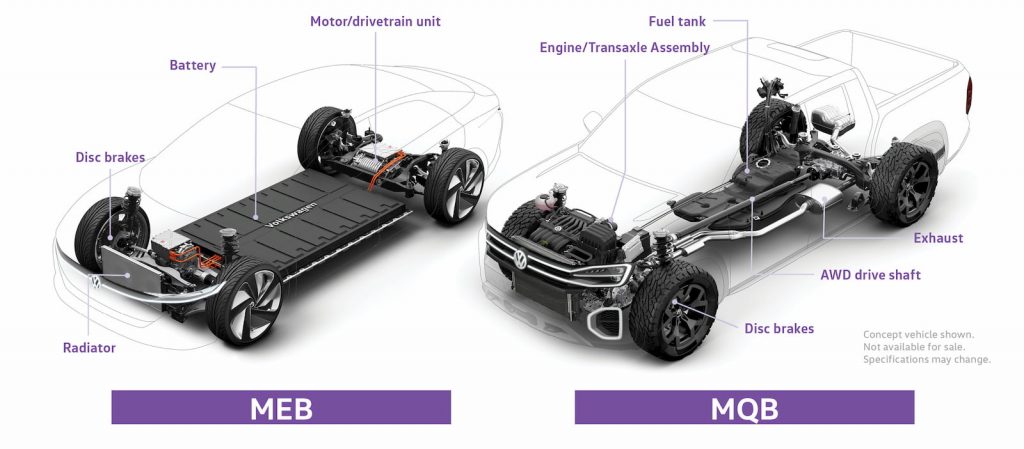
MEB is the Volkswagen Group’s most volume-focused platform developed exclusively for all-electric cars. Currently, it can form the basis for C- and D-segment models as per global classification. The VW ID.3 is a VW Golf alternative, while the VW ID.4 belongs the VW Tiguan class. These segments don’t fetch volumes in India, and A- and B-segment cars drive the auto industry due to the affordability.
Affordability is not synonymous with MEB at this point, as it’s a sophisticated technology. Even the smallest version (A0) of the nearly decade-old ICE platform MQB from 2012 is deemed too expensive for India. The Volkswagen Group has done heavy modifications to derive a low-cost variant (A0 IN) just for our market to generate affordable petrol and diesel cars.
Volkswagen Group is modifying the MEB platform to make it compatible for city cars. It has confirmed a VW ID.1 and a VW ID.2 that come out starting 2025.
The MEB platform, be it in the original or the ‘lite’ version, needs extensive cost-cutting to make sense in India. If there’s a remote chance that Volkswagen Group would even consider such a capital-intensive move, it would only happen if the local subsidiary can convince Wolfsburg that that there’s enough demand for electric cars.
Volkswagen Group is already investing one billion euros in implementation of the MQB A0 IN platform-backed India 2.0 project. This massive investment won’t start generating cash until later this year, which is when the first MQB A0 IN models, the Skoda Kushaq and the VW Taigun, go on sale. Amortization of the investment would be the priority before bringing down new platforms and localizing them. The punitive tariffs and measures by the government to curtail imports put importing MEB cars for mass sales out of the question.
Featured Image Source: Volkswagen
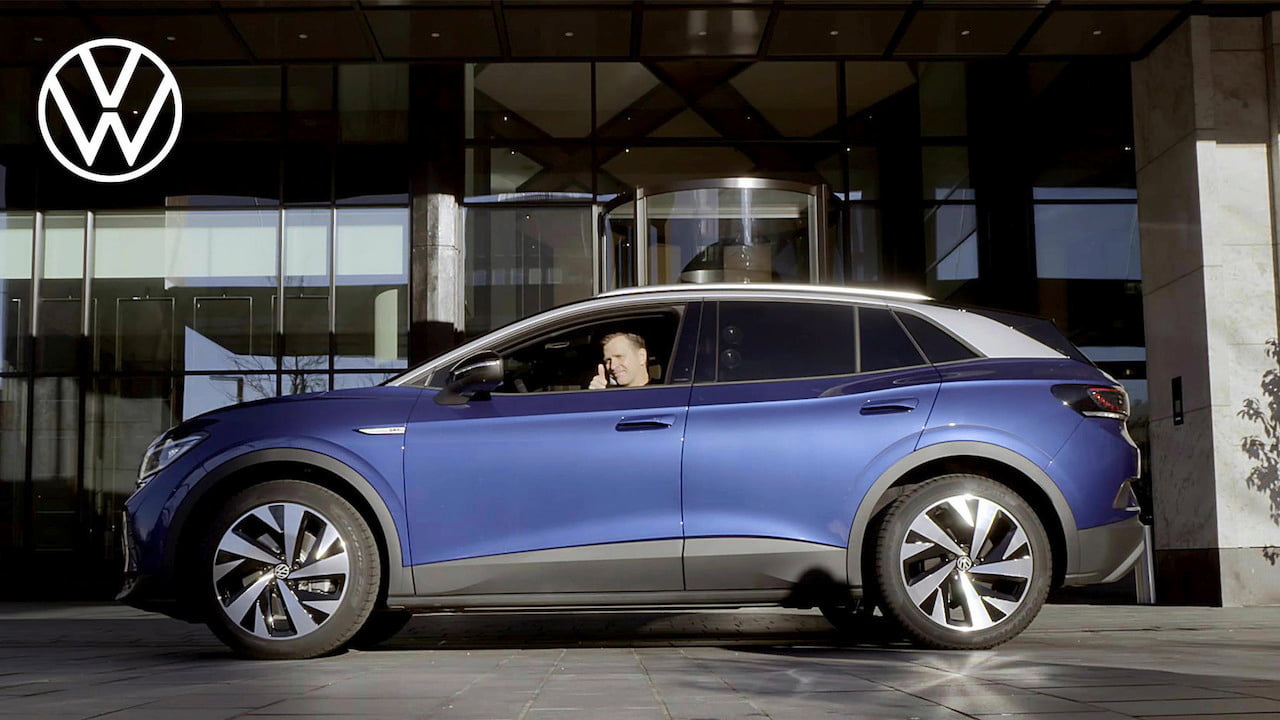
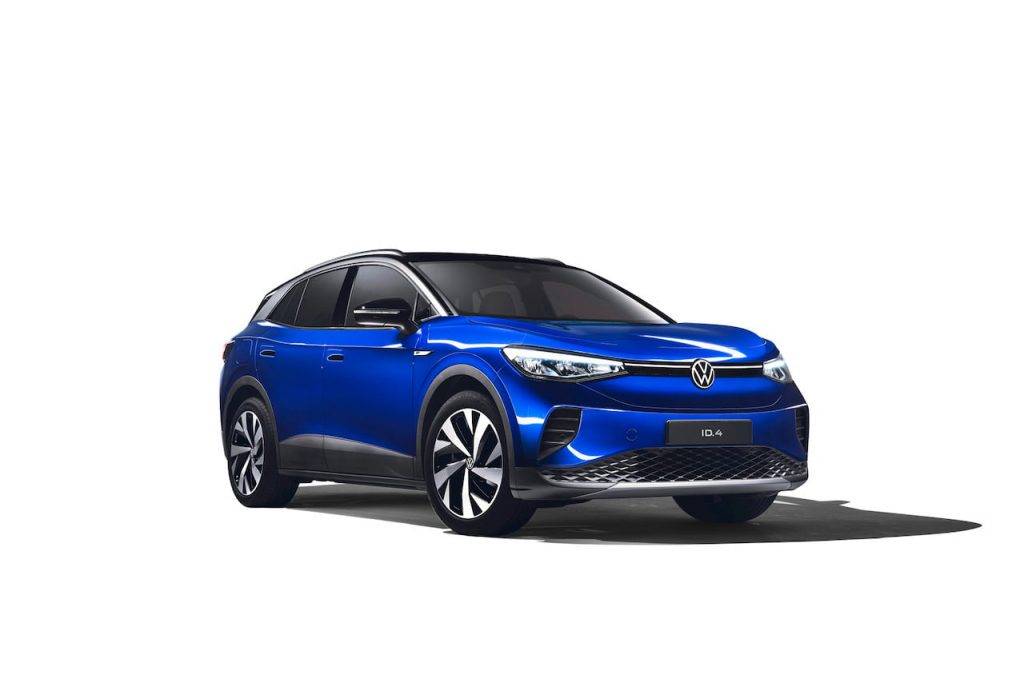
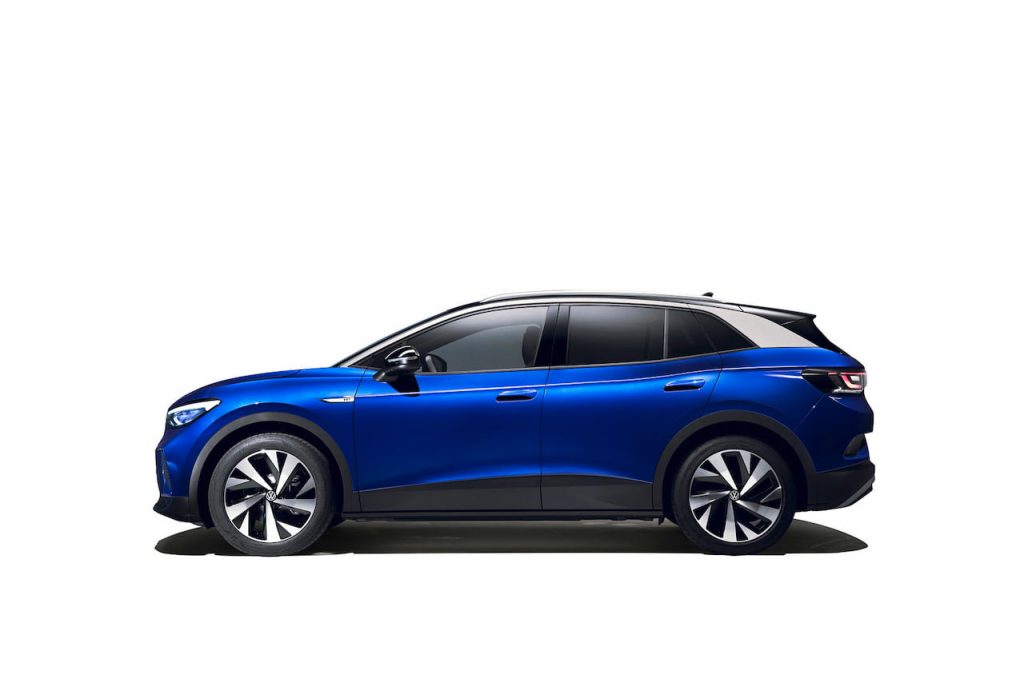
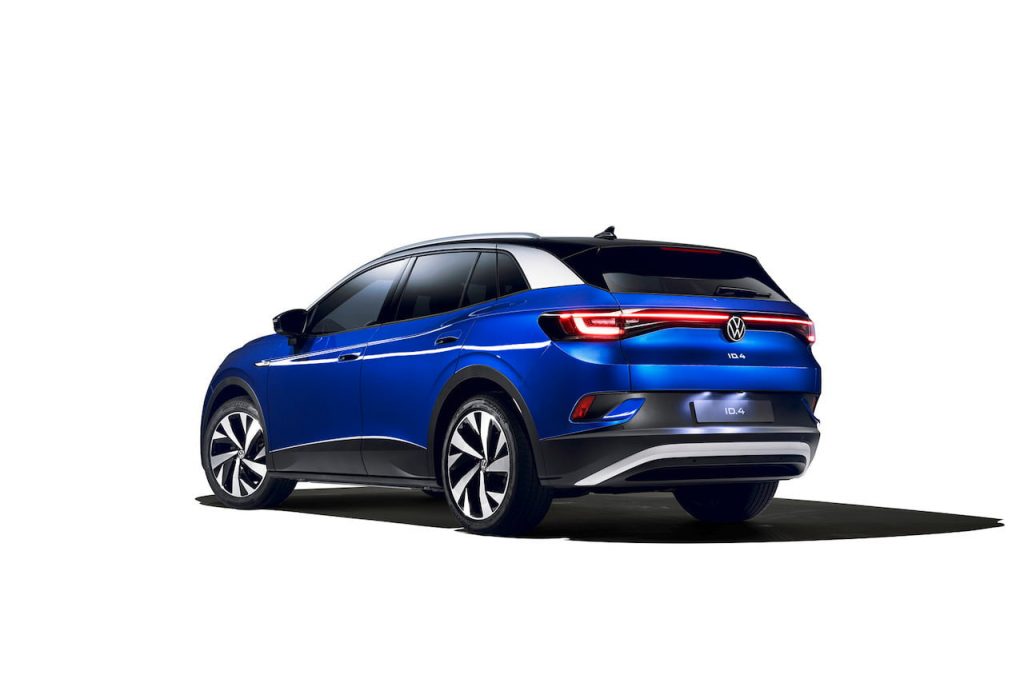
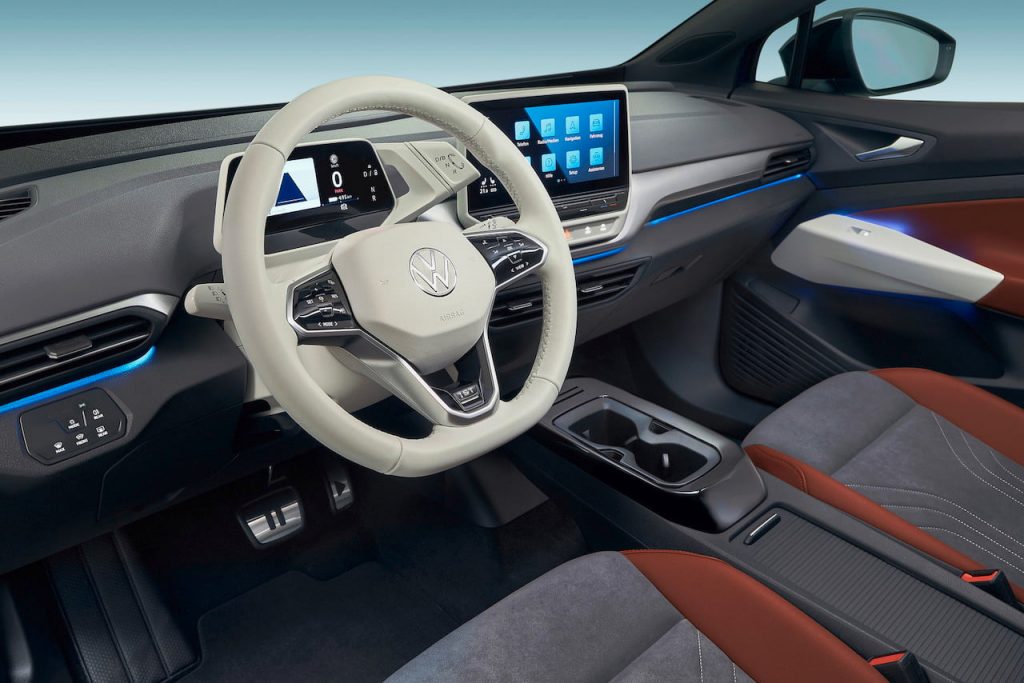
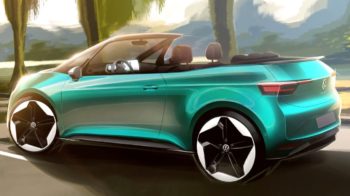
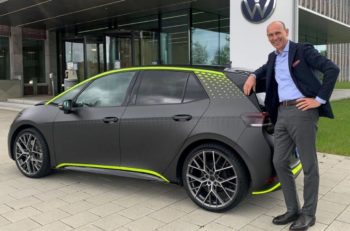
![VW Trinity project teased again, fresh details revealed [Update]](https://electricvehicleweb.com/wp-content/uploads/2021/12/VW-Project-Trinity-front-three-quarter-teaser-350x233.jpg)